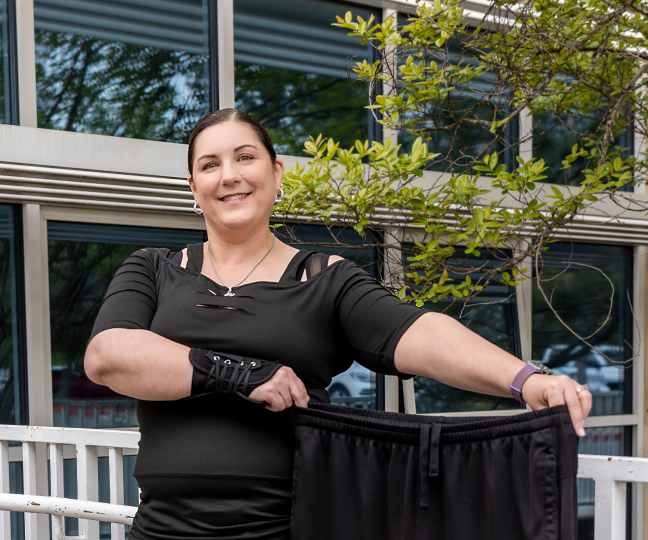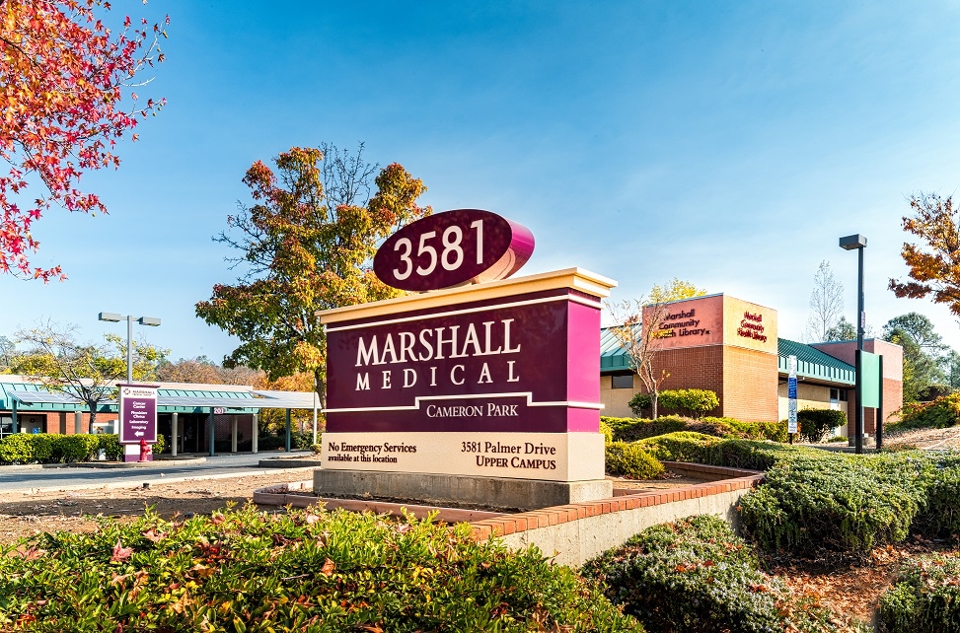.2506161019131.jpg)
Medical Weight Loss & Bariatric Surgery Offerings
-
 Bariatric SurgerySafe surgical interventions to maximize results and long-term success for your health.
Bariatric SurgerySafe surgical interventions to maximize results and long-term success for your health. -
 Diabetes and Nutrition EducationGuidance to manage diabetes and improve health through better nutrition.
Diabetes and Nutrition EducationGuidance to manage diabetes and improve health through better nutrition. -
 Weight Loss and Bariatric Surgery TeamSkilled surgeons and expert nutrition educators partnering with you.
Weight Loss and Bariatric Surgery TeamSkilled surgeons and expert nutrition educators partnering with you.

Medical Weight Loss and Bariatric Services
Lose Weight. Gain Health at Marshall!
At Marshall, we want to help you lose weight and attain the best health possible so you can live your life to its fullest. Take control of your weight and your health today. Learn more about medical weight loss and bariatric services.
Losing excessive body weight can be a serious challenge. Excess fat can cause hormone and metabolism changes. These can make people resistant to traditional weight loss treatments. When weight loss feels out of reach, it can be frustrating and even depressing. We want to help.
What Can a Healthy Weight Mean for You?
By working toward a healthier weight, you can take meaningful steps to protect your body and help improve your quality of life for the future.
Maintaining a healthy weight brings numerous benefits, including:
- More energy to stay active
- Better health
- Longer life
What Does Excess Body Weight Do?
Carrying excess weight can significantly impact your life, affecting your physical health and emotional well-being.
You may experience:
- Increased the risk of cancer, diabetes, fatty liver disease, and heart disease
- Pain in your feet, joints, and back
- Inflammation that can stress your body
Did You Know?
- Most California insurance plans have new weight-loss medications available. Ask your primary care provider about options.
- Marshall offers weight loss and nutrition classes by registered dietitians. Learn more about Marshall’s Diabetes and Nutrition Education (DNE) Program.
- Marshall offers surgeries that change your metabolism and help you lose weight. Metabolic bariatric surgery is the most effective treatment for severe excess body weight. It’s more effective than any medicine, treatment, or “fad” diet.
Ready to learn more about medical weight loss and metabolic bariatric surgery at Marshall? Fill out this form or call 530-642-SLIM (7546) to discuss your weight loss options with our team.
Our Locations
-
 Diabetes and Nutrition Education 3581 Palmer DriveMap & Directions
Diabetes and Nutrition Education 3581 Palmer DriveMap & Directions
Suite 201
Cameron Park, CA 95682 -
 General Surgery "Physicians Office" 1095 Marshall WayMap & Directions
General Surgery "Physicians Office" 1095 Marshall WayMap & Directions
Suite 202
Placerville, CA 95667 -
.1).2503130952078.jpg)
Meet Our Team



.2506091628155.jpg)

.2506091621547.jpg)
